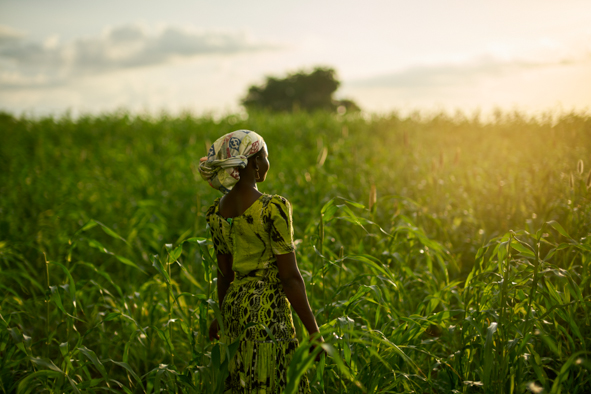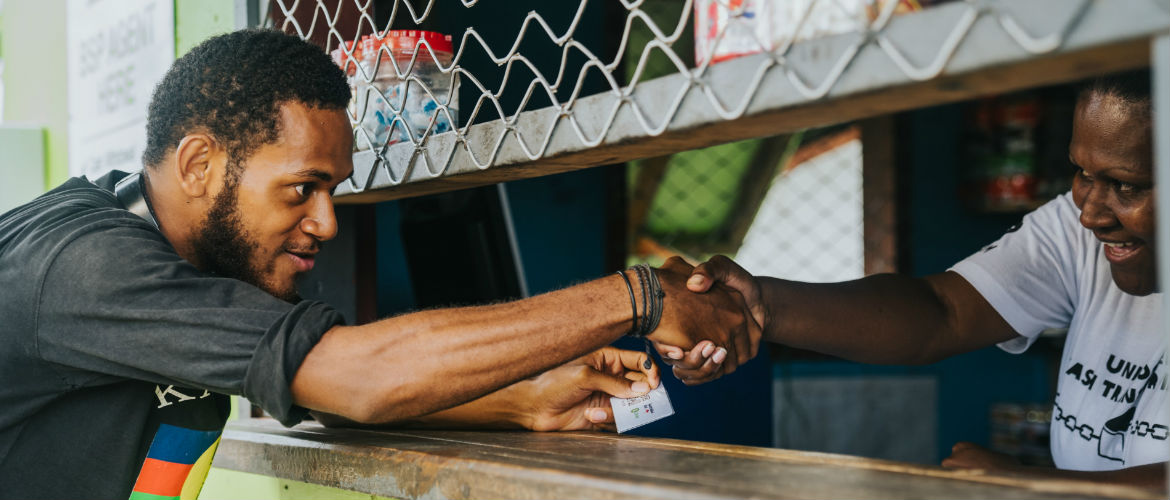By Steph Cousins, Humanitarian Advocacy Lead at Oxfam Australia
A global campaign to end the immigration detention of children was recently launched by the International Detention Coalition — an amazing organisation that Oxfam has partnered with over the last four years.
Every day thousands of kids are detained around the world, just because they were forced to leave their home countries and don’t have visas. This month the campaign is zeroing in on Australia — and for very good reason. After 20 years of mandatory detention Australia still locks up children and their families — people who seek nothing but refuge and basic rights. There are over 1000 boys and girls detained in Australia, including 428 locked in secure facilities. It’s a national disgrace, for which Australia has received a deluge of unwanted international attention over the years.
It is hugely disappointing that in this country — in 2012 — there is such blatant abuse of children’s rights that we need a public campaign to stop it. But the campaign also gives me a lot of hope — and even a hint of pride in the small part that Oxfam has played in supporting the International Detention Coalition.
I first met Grant Mitchell, Director of IDC in 2008. I had just finished running Oxfam’s first Refugee Realities simulation, and was fired up to advocate for refugee rights. Back then the IDC was a loose network of organisations and activists around the world focussed on ending the detention of refugees, asylum seekers and migrants. Grant and his colleagues wanted to turn the network into a formal not-for-profit organisation, but they needed support.
That’s where we stepped in. Oxfam was a natural partner for the IDC. We had the same goals of promoting human rights, alternatives to detention and ending mandatory detention. Oxfam often supports civil society networks working across borders — because global change requires global collaboration. We wanted to see the IDC grow into a powerful force for positive change in the lives of refugees, asylum seekers and migrants around the world.
So Grant set up shop at Oxfam’s head office in Melbourne. We helped the IDC to incorporate, provided advice on strategy and tactics and helped with securing funds and partners. But most of all we just watched in awe as the organisation grew and grew, to the point where there were too many staff to fit in the Oxfam office anymore. That’s when the IDC flew the coop and nestled into Hub Melbourne — pretty much the coolest office space I’ve ever seen — and continued their great work ex-fam.
This is the first worldwide public campaign the IDC has ever run. So it’s pretty impressive to see what they’ve managed to achieve. My favourite action is the Speak Up for Children video petition. The campaign is aiming to collect 428 video messages from young people (under 18) in support of ending the detention of children. The messages recorded so far are a powerful reminder that young people should have the loudest voices on this issue — and more of those voices are needed.
You can also help by signing the online global petition and visiting the website to take action in a whole range of ways. ChilOut is also a really great source of information.
I hope through greater awareness and public pressure on political leaders we can see some movement on this issue. Children just don’t belong in detention. There’s no excuse, there’s no justification. I hope by the end of 2012 I can be proud not only of the IDC for the great work it’s doing, but of the Australian Government — for ending the practice of detaining young people who have committed no crime.
Learn more
Read about Oxfam’s work with refugees


 Doris*, daughter, 5; Pamila*, 2. Christina grows maize and she was shown how to make compost as part of the CRAFS (Climate Resilient Agriculture and Food Systems) programme.
Doris*, daughter, 5; Pamila*, 2. Christina grows maize and she was shown how to make compost as part of the CRAFS (Climate Resilient Agriculture and Food Systems) programme.
